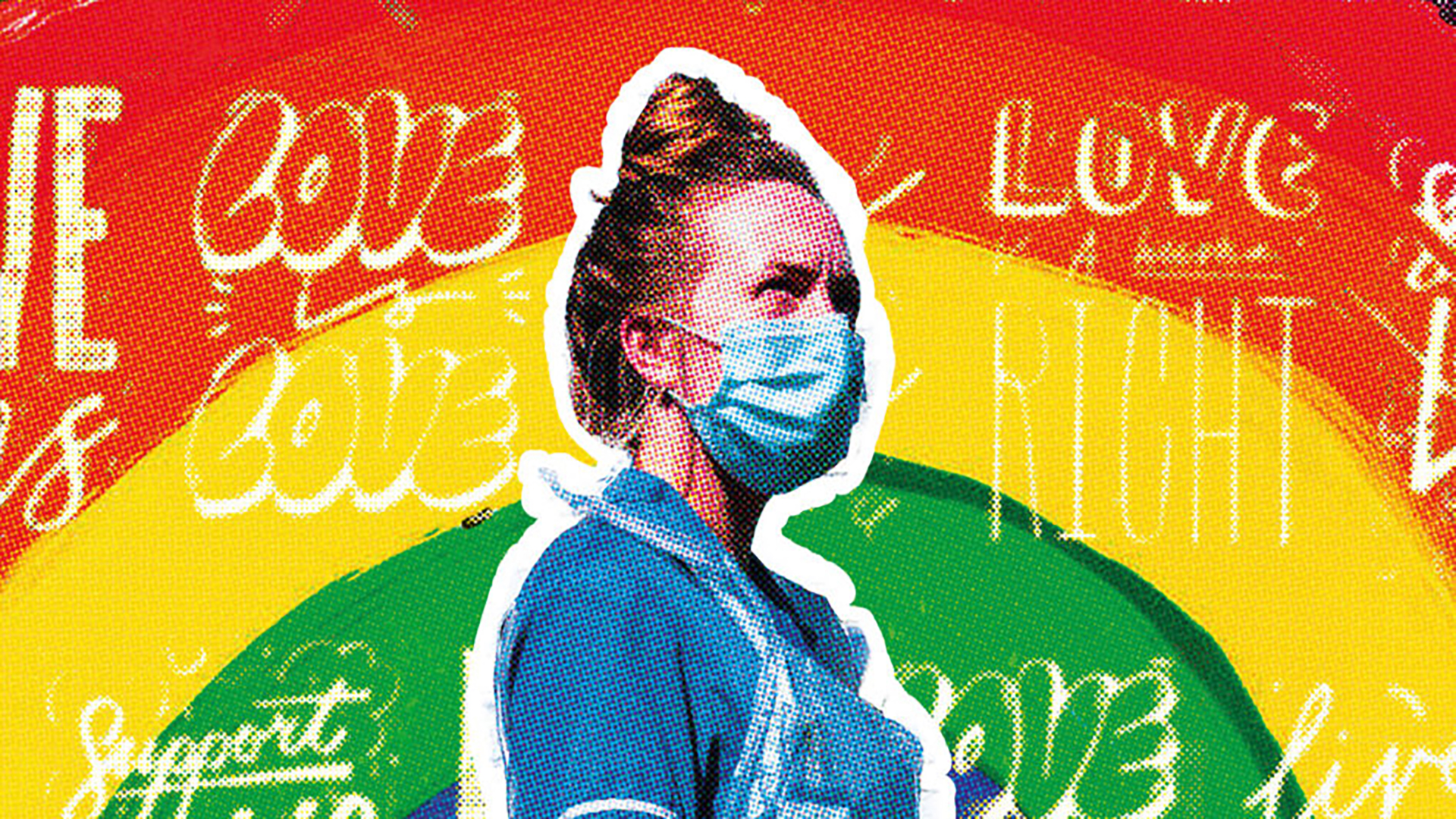Its association with women and its perception as unproductive work has meant that care has been devalued everywhere. Just look at ‘care workers’, mostly women, and many migrant women of colour at that. They are engaged in some of the most highly skilled and exhausting work in our society, yet their work goes largely unrecognised, seen as skilled but very poorly paid.
The devaluation of care has only intensified in recent decades. Ever since Margaret Thatcher was elected, British society has been transformed in a way that is systemically careless – continuously prioritising corporate profit over care for people in every area of our national life.
The welfare state that was introduced by Labour after the Second World War, set up to take care of its citizens at every stage of life from “cradle to grave”, has become threadbare, sold off and barely able to function in many areas, especially in providing care for the elderly.
However, care involves much more than hands-on care, important as that is, whether it’s the work carried out in the care sector, the NHS or indeed the care that is carried out daily in the household, especially by women. Care also involves the vast social infrastructures that express and enable caring practices of every stripe, from teaching to transport, and well beyond.
The pandemic has shone a light on all that was wrong with a political system that prioritises profit over care for people
In the manifesto we try to envisage what a society putting care front and centre might look like. We argue for a society based on ‘universal care’ in which care is the ultimate value and everyone shares in its joys and its difficulties. In the home this means that childcare and domestic responsibilities are distributed equally between men and women and supported by a range of flexible, well-funded public resources, beginning with nurseries.
In our local communities, putting care at the centre means a dramatic expansion of public spaces like parks and libraries, where not only books but everyday objects like tools and toys are available to borrow and to share.
In terms of our states and economies we have to shift the balance of power away from the interests of private corporations and back into the hands of the people, who need to have the main say in how resources are spent and the uses to which they are put.
In the wider world we all inhabit, it means caring for everything and everyone who calls it home: not just our families and fellow citizens but also distant strangers.
This means the creation of a Green New Deal, not only at national levels but at the international too, while radically shifting our attitude towards the environment – taking care of it instead of plundering it for material gain. Putting care front and centre is the only way to begin reversing the catastrophic consequences of climate change, which at present seems all but inevitable.
While the coronavirus pandemic did not create the crises of care we are now experiencing, it has undoubtedly accelerated them. Yet, by so doing, the pandemic has also shone a light on all that was wrong with a political system that prioritises profit over care for people. We are in desperate need of a new way of living in the world: one that has care for all at its very heart.
The Care Manifesto: The Politics of Interdependence is out now (Verso, £8.99)





